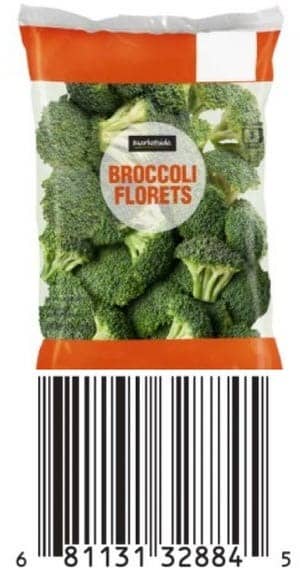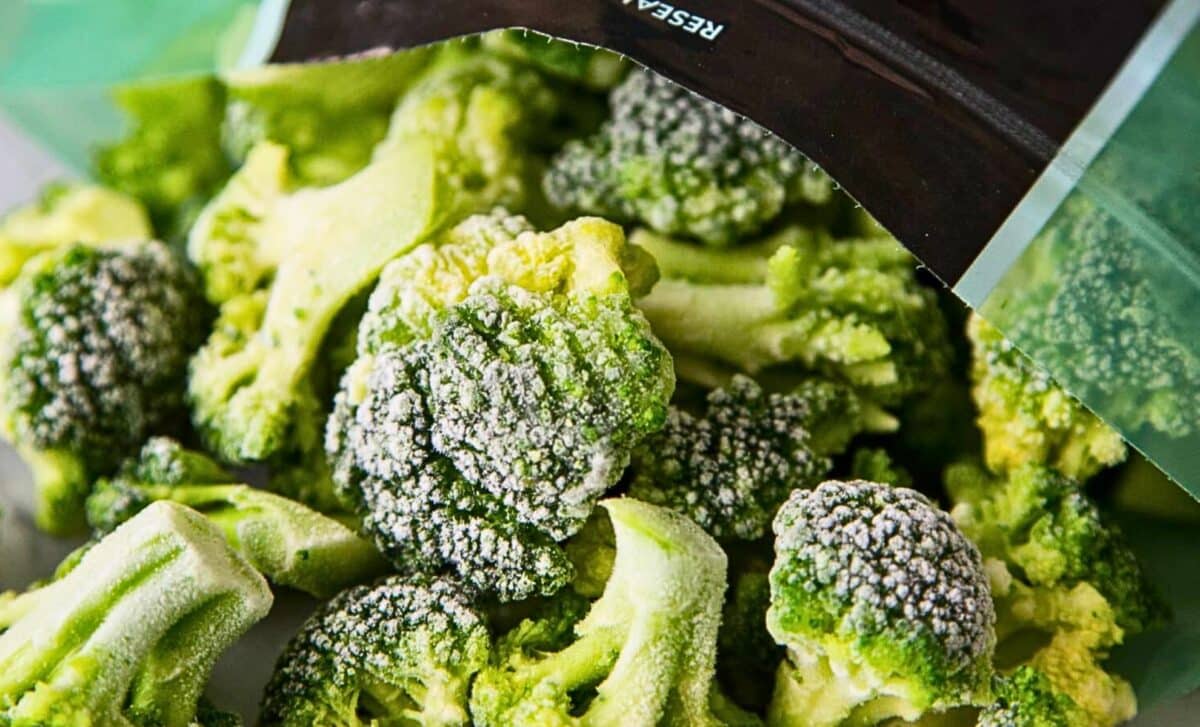Walmart has issued a recall for its Marketside broccoli products due to potential contamination with Listeria monocytogenes. This recall spans 20 states and underscores the importance of food safety protocols and the need for vigilance in the supply chain.
Why This Recall Matters
Food recalls are never taken lightly, especially when they involve major retailers like Walmart. The Marketside broccoli recall highlights the ongoing challenges in ensuring the safety of fresh produce, which is often consumed raw and without further processing. With Walmart being one of the largest grocery chains in the U.S., this recall has far-reaching implications for both consumers and the food industry.
The recall was initiated after random testing in a Texas store revealed contamination with Listeria monocytogenes, a bacterium that can cause severe illness. While no illnesses have been reported so far, the precautionary measure reflects the company’s commitment to consumer safety. This incident also serves as a reminder of the complexities involved in maintaining food safety from farm to table.
What Prompted the Broccoli Recall?
The recall was triggered by the detection of Listeria monocytogenes in Marketside broccoli products. According to the announcement, the issue was identified during routine testing, which revealed the presence of the harmful bacteria. While the product is past its “best by” date of December 10, 2024, consumers are advised to check their freezers, as the broccoli may have been stored for later use.
Key details of the recall include:
- Affected Products: Marketside Broccoli Florets sold at Walmart.
- Packaging Dates: Products with specific lot numbers and expiration dates are involved.
- Distribution: The broccoli was distributed to Walmart stores across 20 states, including:
- Alaska
- Arizona
- Arkansas
- California
- Colorado
- Idaho
- Illinois
- Indiana
- Kentucky
- Louisiana
- Michigan
- Montana
- Nevada
- Ohio
- Oklahoma
- Oregon
- Texas
- Utah
- Washington
- Wyoming
The company has urged consumers to check their refrigerators and freezers for the affected products and either discard them or return them to the store for a full refund.

The Broader Implications for Food Safety
This recall is a stark reminder of the vulnerabilities in the food supply chain. Fresh produce, in particular, is susceptible to contamination at various stages, from farming and harvesting to packaging and distribution. According to the Centers for Disease Control and Prevention (CDC), leafy greens and vegetables like broccoli are among the top contributors to foodborne illness outbreaks.
Key statistics:
- The CDC estimates that 48 million people in the U.S. get sick from foodborne diseases annually.
- Fresh produce accounts for nearly half of all foodborne illness outbreaks.
The Marketside broccoli recall highlights the need for stricter safety measures and better traceability in the food industry. It also raises questions about the effectiveness of current testing protocols and whether they are sufficient to catch contaminants before products reach consumers.
What Consumers Should Do Next
If you’ve recently purchased Marketside broccoli from Walmart, here’s what you need to know:
- Check the Packaging: Look for the specific lot numbers and expiration dates mentioned in the recall notice.
- Dispose or Return: If you have the affected product, either throw it away or return it to Walmart for a refund.
- Monitor for Symptoms: Be aware of symptoms of listeriosis, which include:
- Mild Symptoms (Intestinal Illness):
- Diarrhea
- Vomiting
- Fever
- Muscle aches
- Severe Symptoms (Invasive Illness):
- Fever
- Severe headache
- Stiff neck
- Confusion
- Loss of balance
- Seizures
- Risks for Pregnant Individuals:
- Mild flu-like symptoms (fever, fatigue, muscle aches)
- Potential complications like miscarriage, stillbirth, or life-threatening infections in newborns.
- Mild Symptoms (Intestinal Illness):
For further information, consumers can contact Walmart’s customer service or visit the official recall page on the FDA’s website. Staying informed and proactive is the best way to protect yourself and your family from potential risks.









